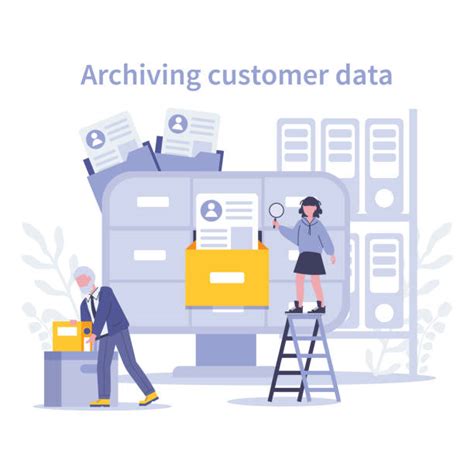Title: KYC 2.0: ensure compliance in cryptocurrency trading with check based on blockchain
Introduction
The ascent of the cryptocurrency caused a new era of financial freedom and flexibility, but also places significant risks for investors. Among the many challenges associated with commercial cryptocurrencies, a crucial aspect is to guarantee compliance with anti -money laundering regulations (AML) and Kyca (Kyc). In this article, we will explore the importance of Kyca in cryptocurrency trading and how blockchain technology can allow more efficient and compliant verification processes.
What is Kyc?

Kyc is about to know your client, a process designed to verify the identity of customers by collecting and analyzing information from various sources, including financial institutions, government registers and other pertinent parties. In the context of cryptocurrencies, Kyc refers to the verification process required so that individuals or entities undertake in cryptocurrency trading.
Why is Kyca need?
The cryptocurrency trade involves significant risks, such as market volatility, high transaction costs and potential fraud. To mitigate these risks, exchanges and trading platforms they must implement Kyca solid policies to ensure that users are those who claim to be. Failure to comply with Kyca regulations can involve:
- Damage to the reputation : repeated non -conformity can lead to the loss of user trust and damaged reputation.
2
3
KYC in the cryptocurrency trade: the challenge
Cryptocurrency trading presents unique challenges when it comes to conformity. Traditional verification processes, such as passport controls and phone authentication, are often not feasible for digital transactions. In addition, the anonymity of cryptocurrencies can make users difficult to identify.
To overcome these challenges, the exchanges turned to blockchain -based solutions, including:
- Digital identity platforms : These platforms use public key encryption to create and manage digital identities, making the user’s information easier.
- Towenized Kyca data : tokenization allows the creation of standardized and based blockchains of users’ identities, reducing the risk of errors or inconsistencies in the KYC verification processes.
Kyca Blockchain: the future
Blockchain technology offers a promising solution for Kyca in cryptocurrency trading. Using the tokenized data for the management of decentralized (DID) and digital identities, exchanges can create more efficient and safe Kyc verification processes.
- Immutable record : Blockchain -based records are immutable, ensuring that the user’s information is accurate and reliable.
- Reduced administrative oscro : Automated Kyc processes eliminate the need for manual waste and reduce the administrative burden for users.
- improved safety : Blockchain technology provides evident transactions record, further reducing the risk of errors or violations.
Best practices for Kyca’s implementation in cryptocurrency trading
To ensure compliance with KYC regulations, exchanges can follow these best practices:
- conducting in -depth searches : check the user’s identity through reliable sources before opening an account.
- Use safe authentication methods : implement robust authentication procedures to prevent non -compliant users from accessing their accounts.
- Maintain updated records : Make sure the user’s information is regularly updated and verified.
- Providing a clear guide
: educating users on Kyc’s policies and the importance of compliance.
Leave a Reply